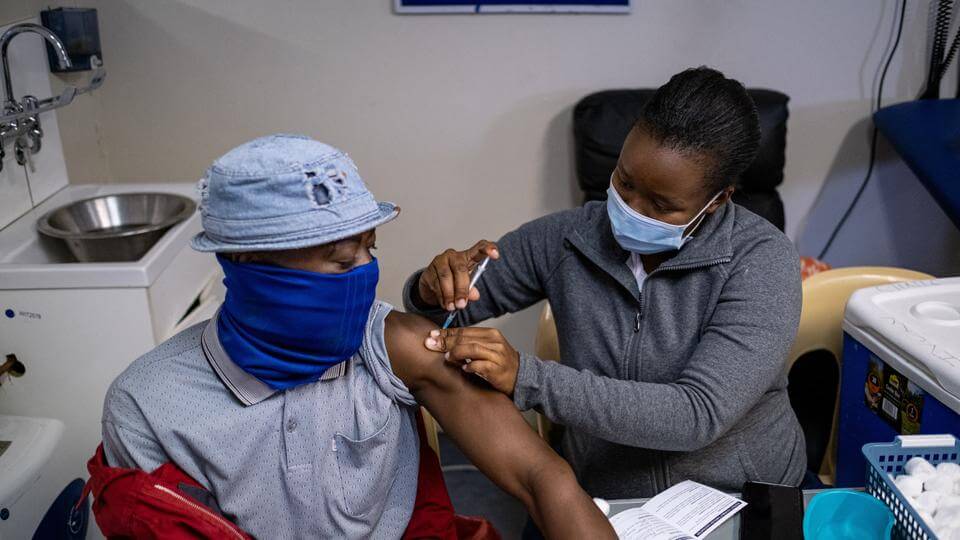NEW YORK: Amid the ongoing spread of Omicron variant around the world, a UN health agency panel on Thursday said that early laboratory data on the effectiveness of existing vaccines against the new COVID-19 variant is useful, but it is still unclear how effective these will be in treating severely sick patients.
The comes following reassurance from the World Health Organization (WHO) that available vaccines “hold up very well” in protecting people from the worst forms of coronavirus sickness for six months or more.
“The neutralization data has an underpinning, but it’s really the clinical data that are going to be most influential about how to manage an Omicron situation,” said Dr Kate O’Brien, Director, Department of Immunization, Vaccines and Biologicals at WHO.
Dr O’Brien said that collective immunity remained out of reach, partly because the vaccines in circulation today, for all their efficacy, were “not performing at the level where the concept of herd immunity is likely to be something that can be achieved”.
This was at least in part because of the lack of universal vaccine coverage which has seen wealthier countries benefit from immunization campaigns, while poorer nations have suffered a dearth of lifesaving jabs, Dr O’Brien was quoted as saying by UN News.
On so-called “breakout infections” among individuals already vaccinated, it was “not surprising” that these had increased in line with greater vaccination coverage, the WHO official insisted.
“That does not mean the vaccine is not working, it simply means that a greater and greater number of people have actually been vaccinated.”
As Omicron spreads, Dr O’Brien highlighted that those most at risk remained the unvaccinated, who represented 80 to 90 per cent of those who have fallen seriously ill from coronavirus. (ANI)







